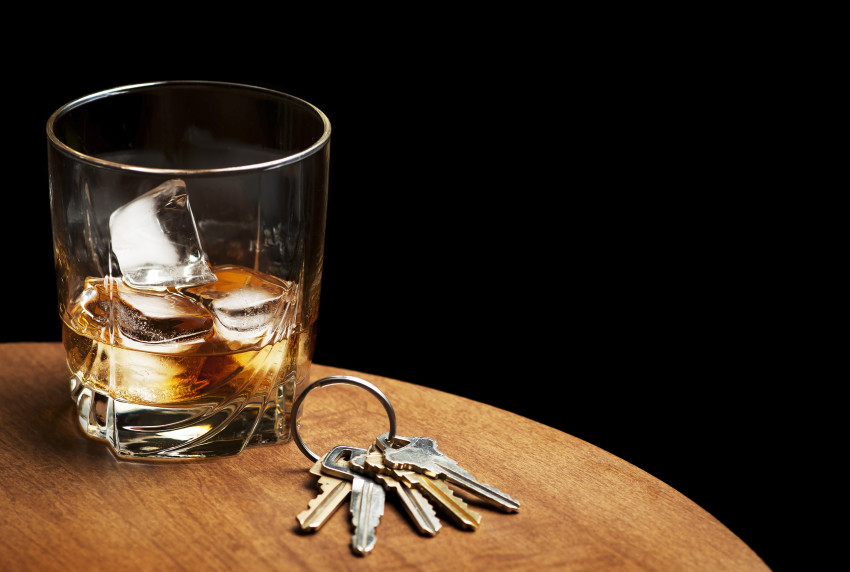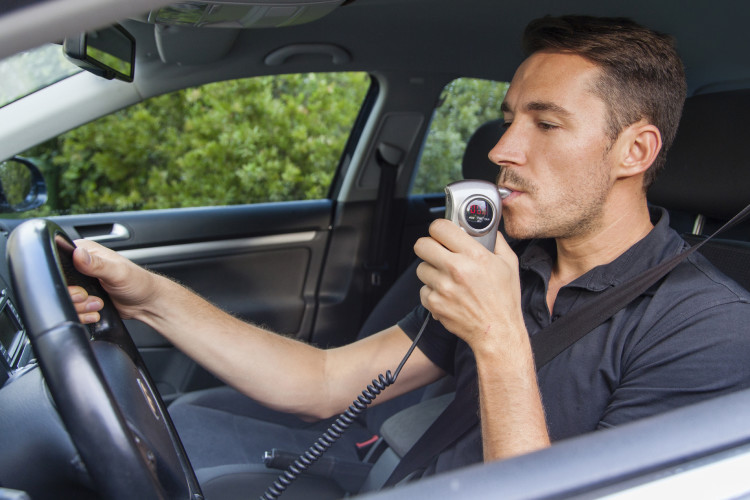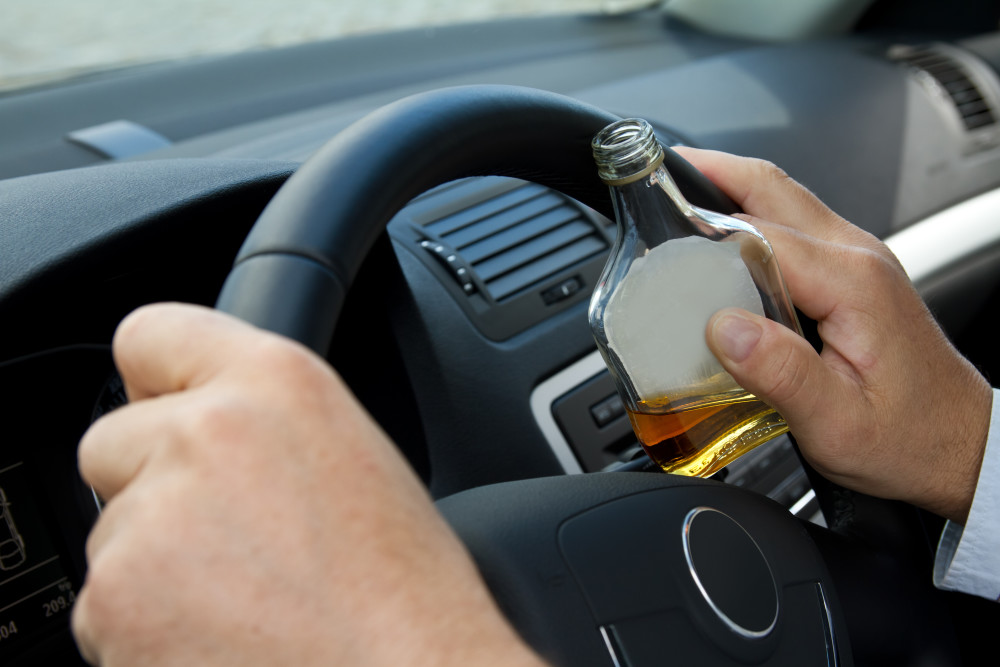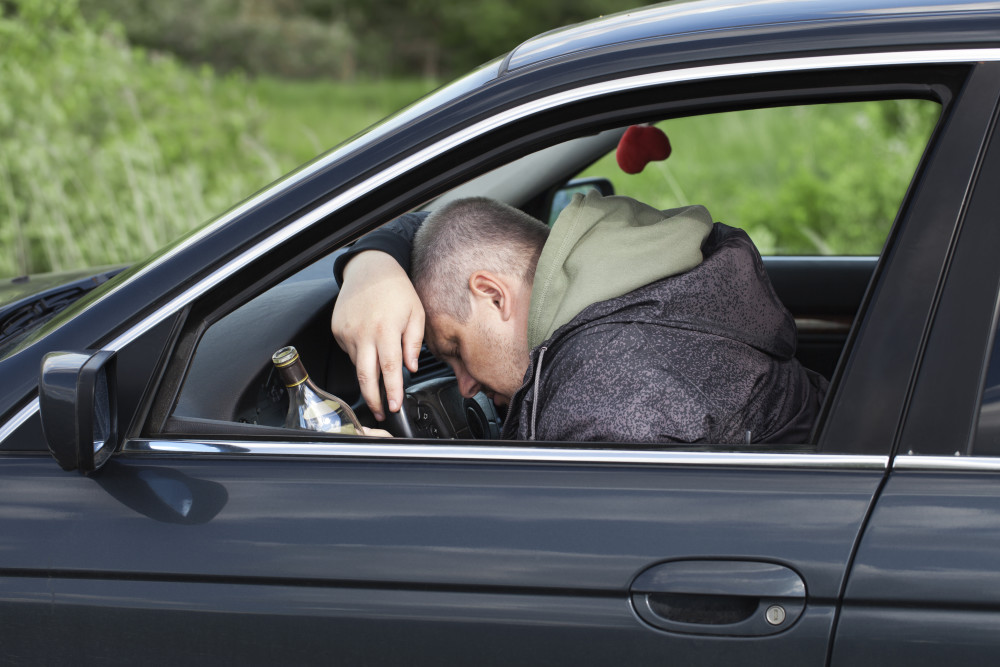
In 2010, a 61-year-old Texas man visited a local emergency room and presented with symptoms of “unexplained intoxication.” Although the man’s blood-alcohol concentration was nearly five times the legal limit for driving while intoxicated, he apparently had not had any drinks that day. Doctors suspected the patient was simply lying about his alcohol use, but during a subsequent controlled 24-hour hospital stay, tests revealed the man’s blood-alcohol concentration rose to 0.12 percent without ingesting any alcohol whatsoever.
It turned out the patient suffered from a bacterial infection which produced “an overabundance of brewer’s yeast in his gut.” Brewer’s yeast is present in many common foods and drinks. In this case, the yeast did not pass through the body, but rather remained in the patient’s system. When he subsequently ingested additional starchy foods or drinks, this excess yeast fermented the sugars into alcohol. In plain language, the patient’s body was brewing its own alcohol.
Buffalo Woman Beats DWI Charge Due to Condition
This rare condition has been dubbed “auto-brewery syndrome.” Although documented cases date back to the 1970s, there apparently have been no controlled studies conducted within the United States. There have only been isolated cases like the Texas patient described above.
Still, there is at least one recent legal case where a person charged with DWI successfully pleaded auto-brewery syndrome as a defense. According to CBS News, the defendant, a woman from Buffalo, New York, was arrested for DWI after a Breathalyzer test indicated she had a blood-alcohol concentration of 0.33 percent, more than four times the legal limit. Yet the defendant claimed she had not been drinking.
The defendant’s DWI defense lawyer contacted one of the doctors who conducted the study of the Texas auto-brewery syndrome patient. The attorney also arranged for medical personnel to monitor his client’s blood-alcohol level. As it turned out, the medical evidence led to a diagnosis of auto-brewery syndrome. A Buffalo judge dismissed the DWI charges after reviewing this evidence. The case file was sealed and the defendant’s identity has not been made public.
Get Help With Your DWI Case
It must be emphasized that auto-brewery syndrome is a rare condition and even if a person has it, that is not necessarily a defense to DWI. In the New York case, the defendant did not know she had a medical problem until after her arrest. A court will treat a defendant much differently if he or she is aware of a condition that impairs their ability to drive prior to arrest.
Even if you do not have an unusual medical condition, if you have been charged with drunk driving, you will still need legal advice from a qualified Austin DWI lawyer. Contact the attorneys at The Law Office Of Robert L. Buford today if you need immediate assistance.












Recent Comments